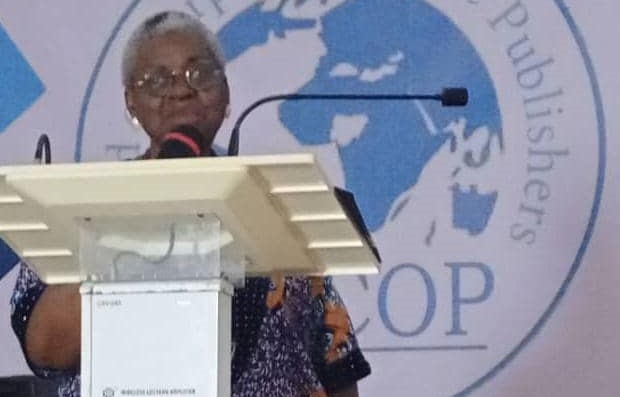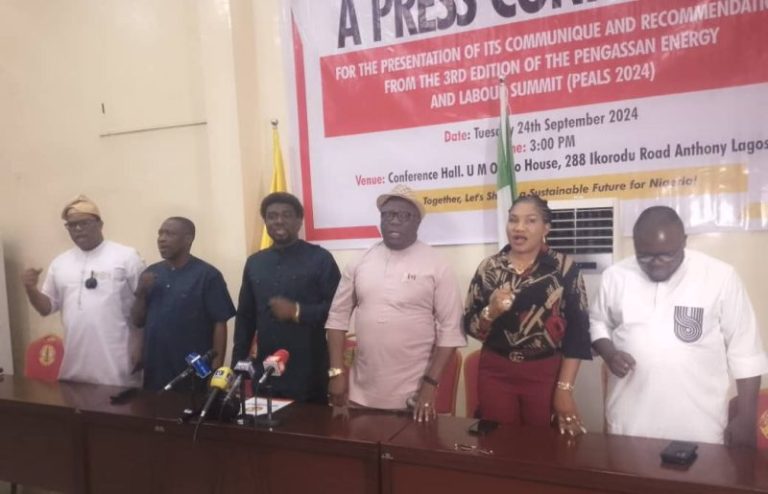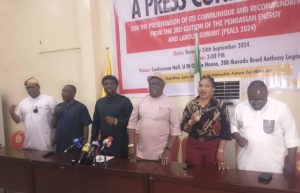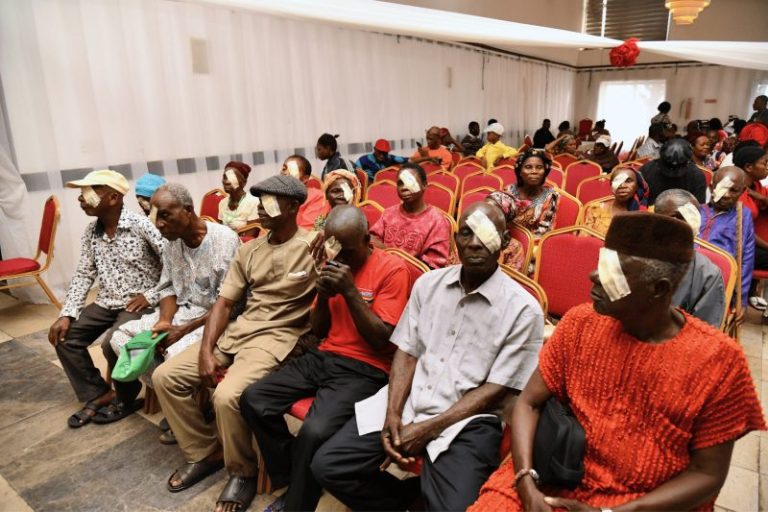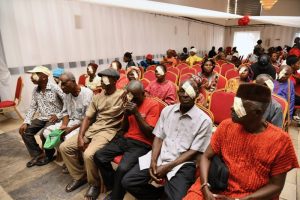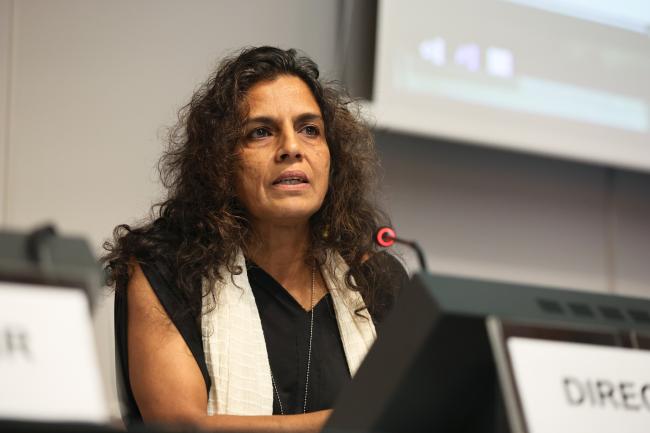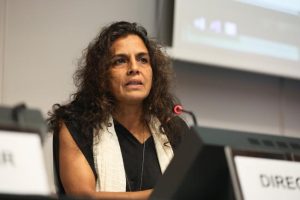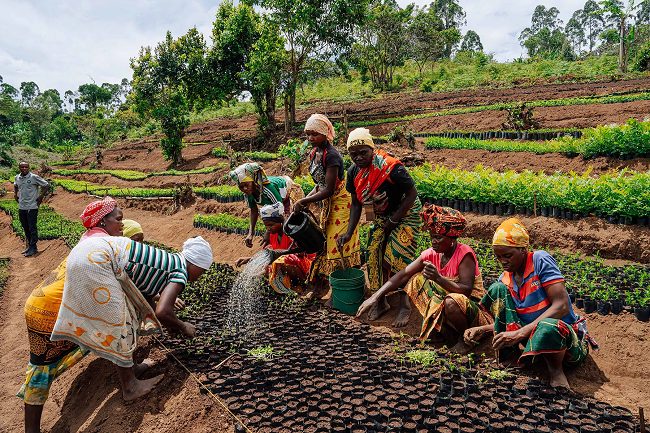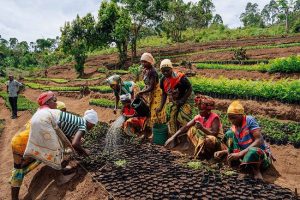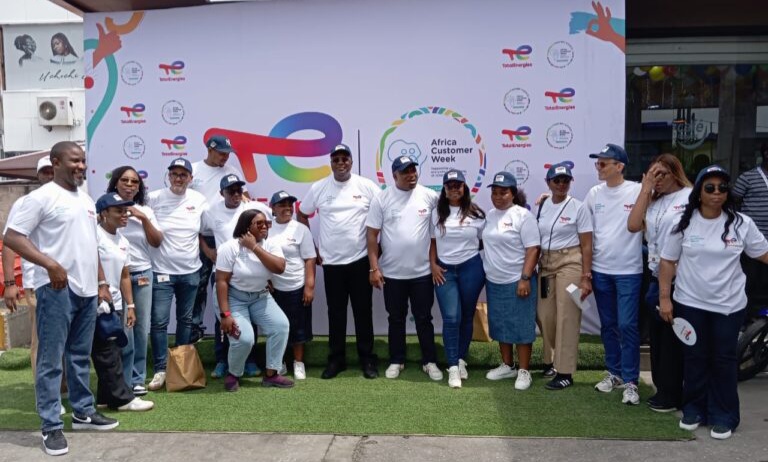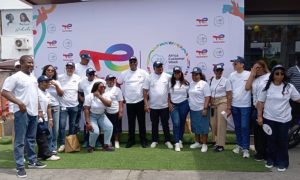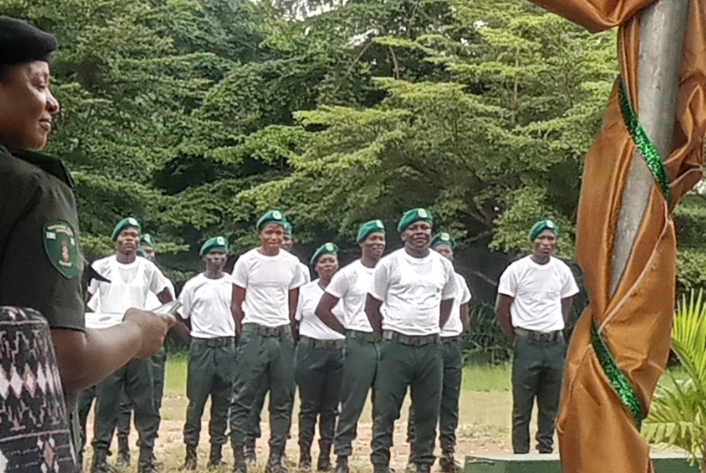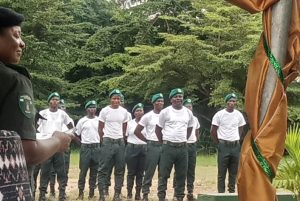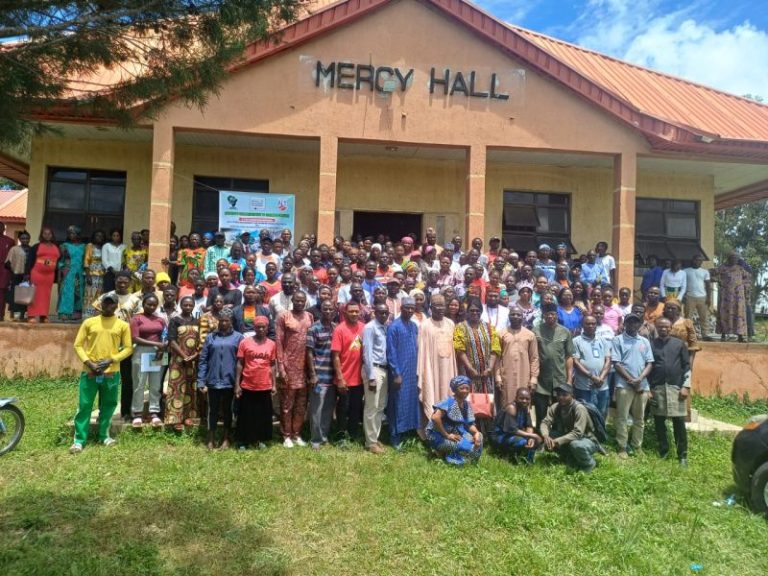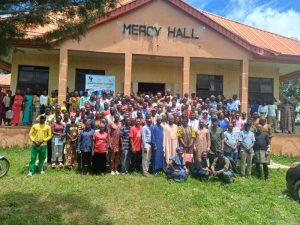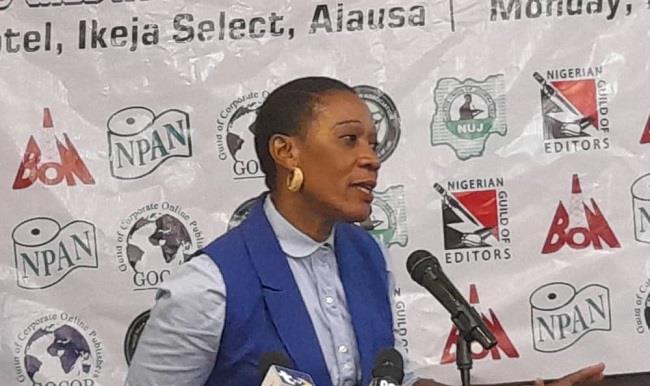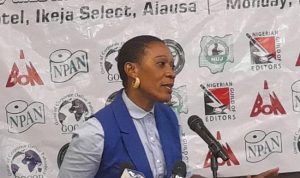As Nigeria continues to grapple with several security challenges that directly impact on its economy and lives of citizens, government at all levels have been called to provide profound security for students especially the females.
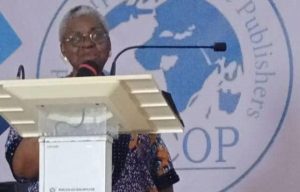
Edutainment Communicator and Veteran Broadcaster, Ms Debrah Ogazuma, made the call on Thursday, October 3, 2024, in Lokoja, Kogi State, at the 8th Annual Conference of the Guild of Corporate Online Publishers (GOCOP) with the theme: “Nigeria: Tackling Insecurity, Power Deficit, and Transitioning to Digital Economy.”
According to her it has become obvious that, since the capture of Chibok girls, the girl child education has been seriously threatened.
Ogazuma, who regretted the impact of the abduction of the Chibok girls and more similar cases to the girl child, lamented that the most attacks on the educational institutions were targeted at the females.
She called on the authorities to work towards putting an end to the menance, even as she urged them to put in place measures for healing when such girls regain freedom from their adoptors.
To the media, she urged not to remain silent rather work assiduously towards changing the narrative through their reportage.
Speaking on digital economy, Ogazuma, who insisted that Nigeria must follow the trend of digitalisation for economic growth, regretted that power deficiency has been a major issue.
She noted that the future is driven with innovation and full of opportunities for expanding digitally, adding that Nigeria must engage the younger generations in order not to be left out.
“Is Nigeria going to allow insecurity, power deficiency to constitute huge block for the emerging land scape of its economy?” she queried.
Proffering solution, Ogazuma stated that traditional method of involving traditional rulers reporting and fishing out possible dangerous elements seeking entrance into their community must be reactivated.
Communities, she said, should do more to ensure that they are not totally helpless.
On power, she called for replication of setting up of small power plants by communities which she said has been done in some communities within states in the country.

